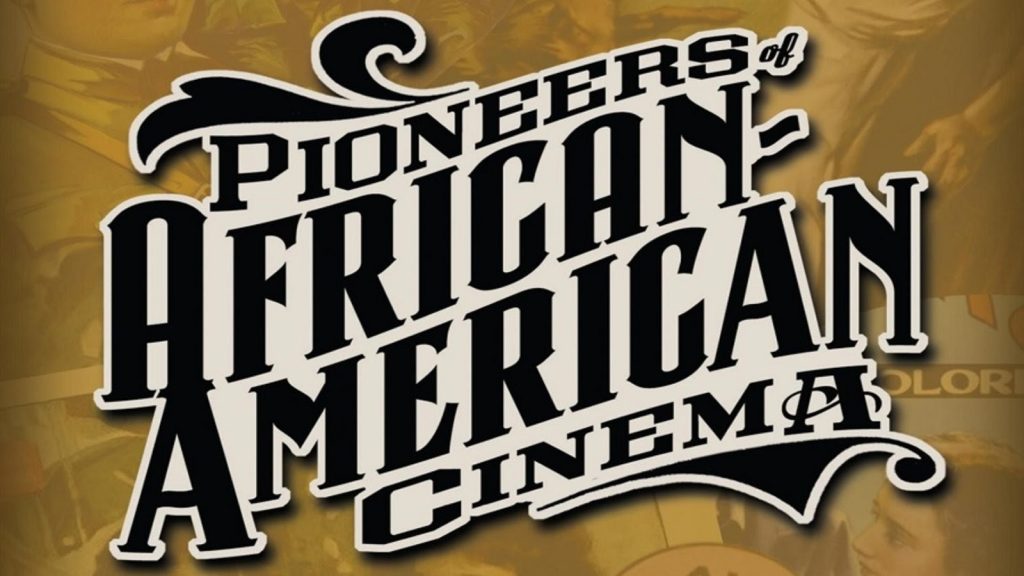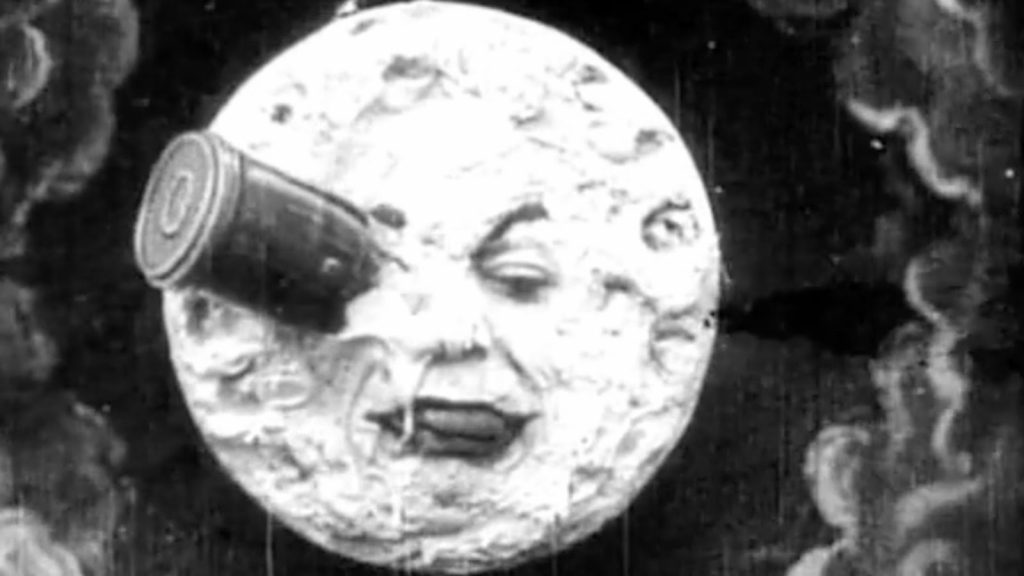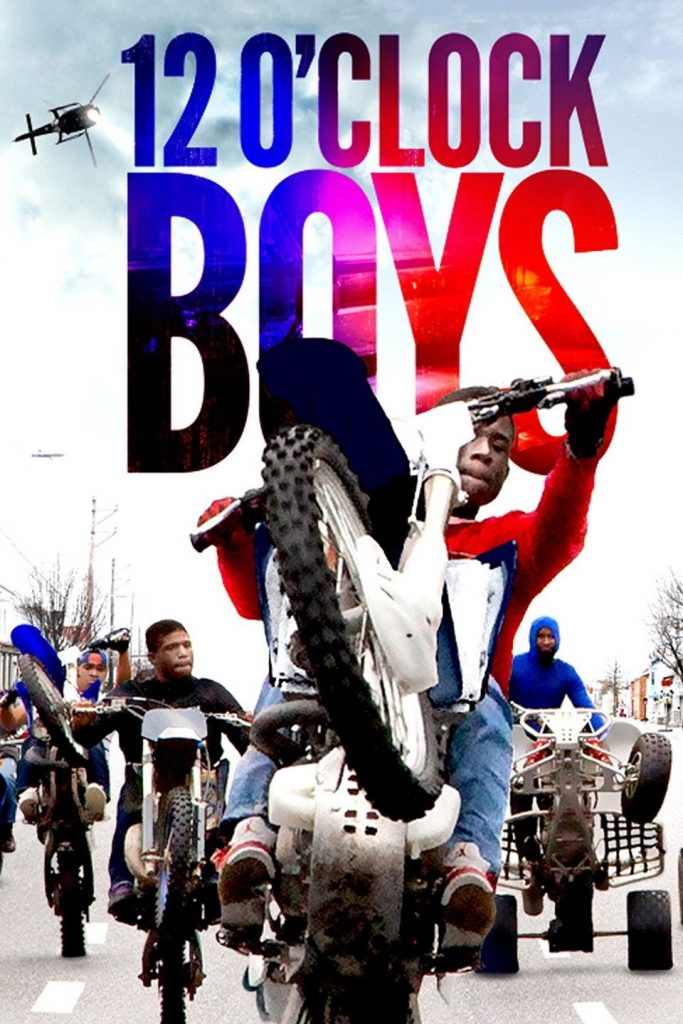by Tom Warner, Best & Next Department
In these days of pandemic anxiety, when social distancing has most of us holed-up at home with cabin fever and too much time on our hands, it’s a great time to take advantage of your library card to use Kanopy, Pratt’s free streaming resource for cinema lovers, to borrow digital movies, television shows, documentaries and foreign films. Digital streaming enables all of us to safely watch movies from the comfort of our home; and, best of all, these “viral videos” don’t require us to touch or wipe off a Redbox or store-bought DVD.
Kanopy takes its name from “canopy,” which in ecology is a layer of something that spreads out and covers an area, like the thousands of branches and leaves that spread out at the top of trees in a forest. Likewise, Kanopy’s catalog is so vast (over 30,000 titles!), that it is easy to “miss the forest for the trees.” So, we’ve put together this guide to help you discover some of the best content in the collection.
Unlike most streaming platforms that stockpile popular mainstream fare, Kanopy offers a diverse and carefully curated selection of important classic and contemporary cinema from around the world, including 50 titles from the esteemed Criterion Collection – from Fellini’s 8 ½ to Ingmar Bergman’s Wild Strawberries. (Personal fave: Michaelangelo Antonioni’s 1950 debut, Story of a Love Affair, starring the luminous Lucia Bose in the director’s most narrative-structured film.) What makes Criterion “art house” movies so special? Criterion pioneered the correct aspect ratio letterboxing presentation of movies, as well as commentary soundtracks, multi-disc sets, special editions, and remastered versions. Watching these films is like taking a class in the history of film itself.
And speaking of film history, Kanopy offers The Story of Film: An Odyssey, a 15-episode journey through the history of world cinema, from the invention of motion pictures at the end of the 19th century up through the multi-billion dollar globalized digital industry of the 21st. Narrated by film historian Mark Cousins (based on his book of the same title), this acclaimed series is filled with vintage clips from some of the greatest movies ever made and features interviews with legendary filmmakers and actors, including Stanley Donen, Wim Wenders, Lars von Trier and Abbas Kiarostami.
Long before Spike Lee, John Singleton, Jordan Peele, and Ava DuVernay took mainstream Hollywood by storm, African-American cinema had its humble roots in the “race films” that flourished from the 1920s-1940s. These films not only starred African-Americans but were funded, written, produced, directed, distributed, and often exhibited by people of color. Entrepreneurial filmmakers like Oscar Micheaux (Within Our Gates, Body and Soul) not only built an industry apart from the Hollywood establishment, they cultivated visual and narrative styles that were uniquely their own. The 17 films represented in the Pioneers of African-American Cinema collection highlight the legacy, innovation and artistry of Micheaux, Spencer Williams, Paul Robeson and countless others in newly restored versions of these historically important films.
If you like objective documentaries, Kanopy has 42 titles by renowned documentarian Frederick Wiseman, from his controversial debut, Titicut Follies (1967), to his latest,Monrovia, Indiana(2018); librarians and library-lovers will no doubt be drawn to 2017’s 3 1/4-hour opus Ex Libris: New York Public Library. As a filmmaker, Wiseman is an “observational” fly-on-the-wall purist who avoids voiceovers, soundtrack music or any hint of subjective editing; his films are chiefly studies of American social institutions, such as hospitals, high schools, prisons – and libraries! Wiseman formerly only sold his films directly to institutions on video and DVD, making them hard to find by consumers and prohibitively expensive to add to public library collections. World-wide digital access to his films makes this one the best deals imaginable for library patrons!
Named after the business center of the British film industry during the silent film era, distributor Flicker Alley specializes in rare early U.S. and foreign silent films, as well as classic, experimental and independent cinema. Kanopy has over 180 Flicker Alley titles, ranging from Georges Melies’ A Trip To the Moon (1902) and Robert Flaherty’s documentary-pioneering Nanook of the North (1922) to lost Film Noirs like No Time for Tears (1949). Of particular interest are silent classics like Dziga Vertov’s Man With a Move Camera (1929, with musical accompaniment by The Alloy Orchestra) and the newly restored The Lost World (1925), a story of living dinosaurs from the Jurassic Age written by the creator of Sherlock Holmes, Sir Arthur Conan Doyle, that laid the groundwork for future films like King Kong, Jurassic Park, and Godzilla.
Local Documentaries
Kanopy enables you to create your own Maryland Film Festival at home by watching these “locally-sourced” films by or about Maryland people or institutions.
- Jeffrey Schwartz’s I Am Divine (2013) chronicles the career of John Waters’s most famous underground star, Glenn Milstead (better known as “Divine”), who was on the brink of mainstream success before tragically passing away in 1988.
- Theo Anthony’s Rat Film (2017) uses rats as a passageway into the dark, complicated history of Baltimore.
- Maryland Institute College of Art grad Lofty Nathan’s 12 O’clock Boys (2013) follows the exploits of a notorious West Baltimore dirt bike pack as they pop wheelies, weave at excessive speeds through traffic, and outrun the police, as seen through the eyes of an impressional adolescent.
- Baltimore native Richard Chisolm’s Cafeteria Man ( 2011) takes a behind-the-scenes look at Tony Geraci’s sweeping, tenacious efforts to kick start school lunch reform in Baltimore’s schools, a large urban district that serves 83,000 students, and later in Memphis schools, with 200,000 kids.
- Lynne Sachs’ Investigation of a Flame (2001) is an intimate portrait of the Catonsville Nine, a band of activists led by priests Daniel and Philip Berrigan,who in May 1968 burned selective service records in a defiant protest against the Vietnam War.
Cult Movies
If you’re looking for something off the beaten track, Kanopy also has a surprising number of cult and exploitation movies in its collection. Before you see Eddie Murphy’s remake, you may want to see Rudy Ray Moore in the original Dolemite (1975). Or how about Oscar-winner Francis Ford Coppola showing signs of the directing promise to come in his 1963 horror film Dementia 13 (1963). Before he made Easy Rider, a young Dennis Hopper was falling in love with an alluring but dangerous mermaid in Curtis Harrington’s hauntingly stylish Night Tide (1961). We’re also big fans of Jess Franco’s gothic mad scientist tale The Awful Dr. Orlac (1962), Herk Harvey’s Twilight Zone-eerie Carnival of Souls (1962) and the madcap martial arts mayhem of The Eagle Shooting Heroes (1993) and Kung Fu Zombie (1981). These are but a few of the low-budget sci-fi, horror, fantasy and drive-in gems waiting to be discovered here.
And, of course, Kanopy caters to more mainstream tastes with extensive lists of Independent,Classic, LBGTQ and World Cinema, as well as Sundance Film Festival Favorites, here, Short Films and Staff Picks. Libraries and movie theaters may be closed at the moment, but Kanopy enables you to bring their content home to enjoy for free on your computer, television or mobile device. Time to grab your library card and start watching!





